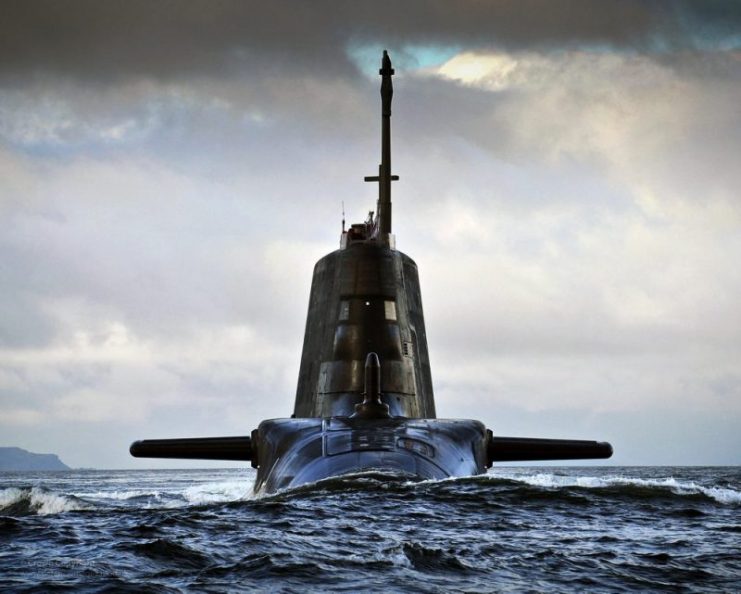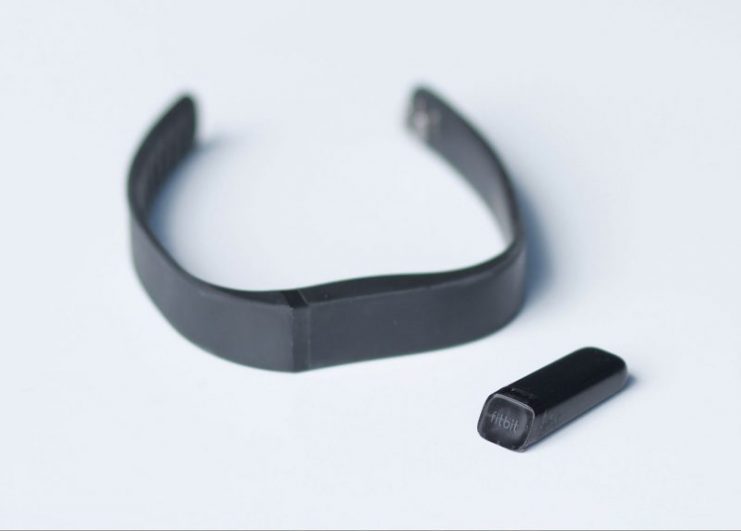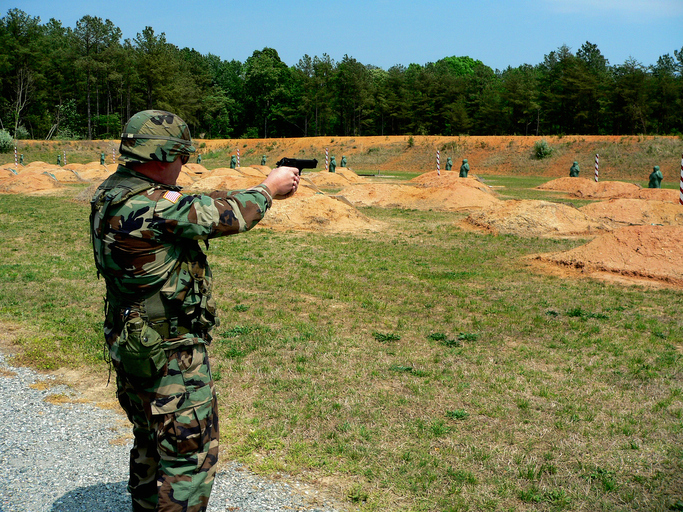The obesity epidemic is now impinging upon the Armed Forces.
We tend to think of Armed Forces personnel as chiselled, hard-bodied hunks; that’s how they are portrayed in the movies and on television.
Whether it’s Daniel Craig beating up the bad guys as 007 or “The Rock” as a soldier in some unnamed conflict, these guys aren’t depicted as overweight and inactive, and certainly not susceptible to the plague of obesity nations around the globe are dealing with.
North America, in particular, is facing an obesity epidemic, largely due to sugary sodas, desserts, and fast and pre-fab foods that are so readily available and relied upon by busy families.

It seems that military forces in Great Britain are the latest victims of overindulgence, falling prey to overeating and its negative consequences, just like regular folks.
A recent article in the online publication, the Portsmouth News pointed out that it’s become such a problem with army, navy and air forces personnel that it was a matter raised for discussion in the House of Lords.

Speaking to his colleagues, Lord McColl of Dulwich, a surgeon and consultant, told his audience: “By far and away, the most serious eating disorder (in Britain) is the obesity epidemic which is now impinging upon the Armed Forces.”
He went on to note that “ejector seats in fighter planes are having to be modified because of obesity.” In other words, hefty pilots were struggling to get out of planes until the seats were enlarged to accommodate their expanding girth.

Striking a somewhat alarmist tone, McColl added that if something isn’t done, next it will next be the Navy that has to re-jig subs to let heavy sailors squeeze out. “We may have to enlarge escape hatches of submarines to allow people to get out,” he said.
Not all his colleagues were quite as concerned, although Health Minister Baroness Blackwood of North Oxford agreed, at least in principle. “While I don’t feel able to comment on ejector seats or escape hatches, I do believe that obesity is a serious issue (that can) lead to life-threatening conditions,” she said.

The issue arose after an article in the London Telegraph reported, initially in 2016, that the British Army had actually fired a soldier “for being too fat to fight.” The piece went on to say that some soldiers found struggling with weight issues were given “Fit Bits,” wrist bands that track an individual’s activity levels.
Though criticized by the public and the media at the time, the Ministry of Defence defended its decision, issuing a statement that said, in part, “wearable technology can be a useful tool for those who need to track injury recovery and fitness.”

The Telegraph article pointed to a survey of those serving in Great Britain’s military that found almost 4,500 personnel, in the Royal Air Force (RAF) alone were considered clinically obese, which the National Institute of Health in Bethesda, Maryland, defines as anyone with a body-mass index (BMI) of 30 and above.
In layman’s terms, anyone more than 20 percent above his or her ideal weight is considered overweight. The Royal Navy, however, responded to Lord McColl’s concerns simply by issuing a statement saying it had no intention of modifying its submarines, because its sailors are shipshape, so to speak, and don’t need it.

Great Britain may be having a hard time getting service personnel to put down the donuts in favour of apples, but it certainly isn’t the only country facing these issues. In America, a 2018 study of 18,000 individuals across all branches of the military disclosed that about 66 percent were considered overweight or obese. Even more alarming is a 2015 study that showed one in three American young adults were too heavy to even enlist.
Clearly, obesity is a health concern that can affect anyone, whether a civilian or in the military. The question remains: what are governments and military leaders prepared to do to combat it?
